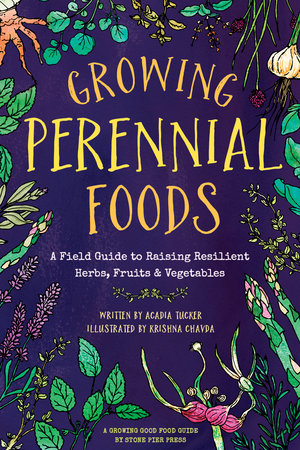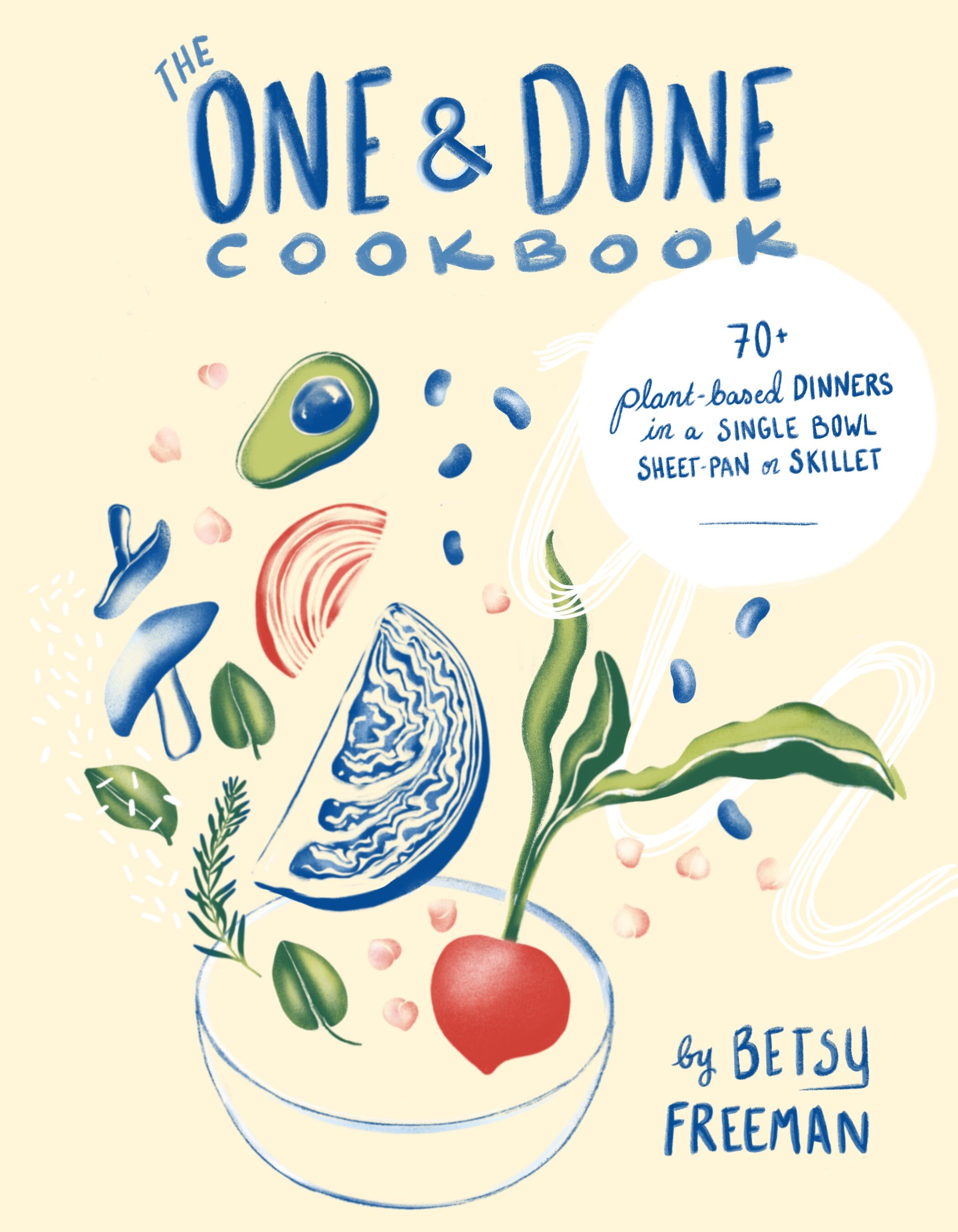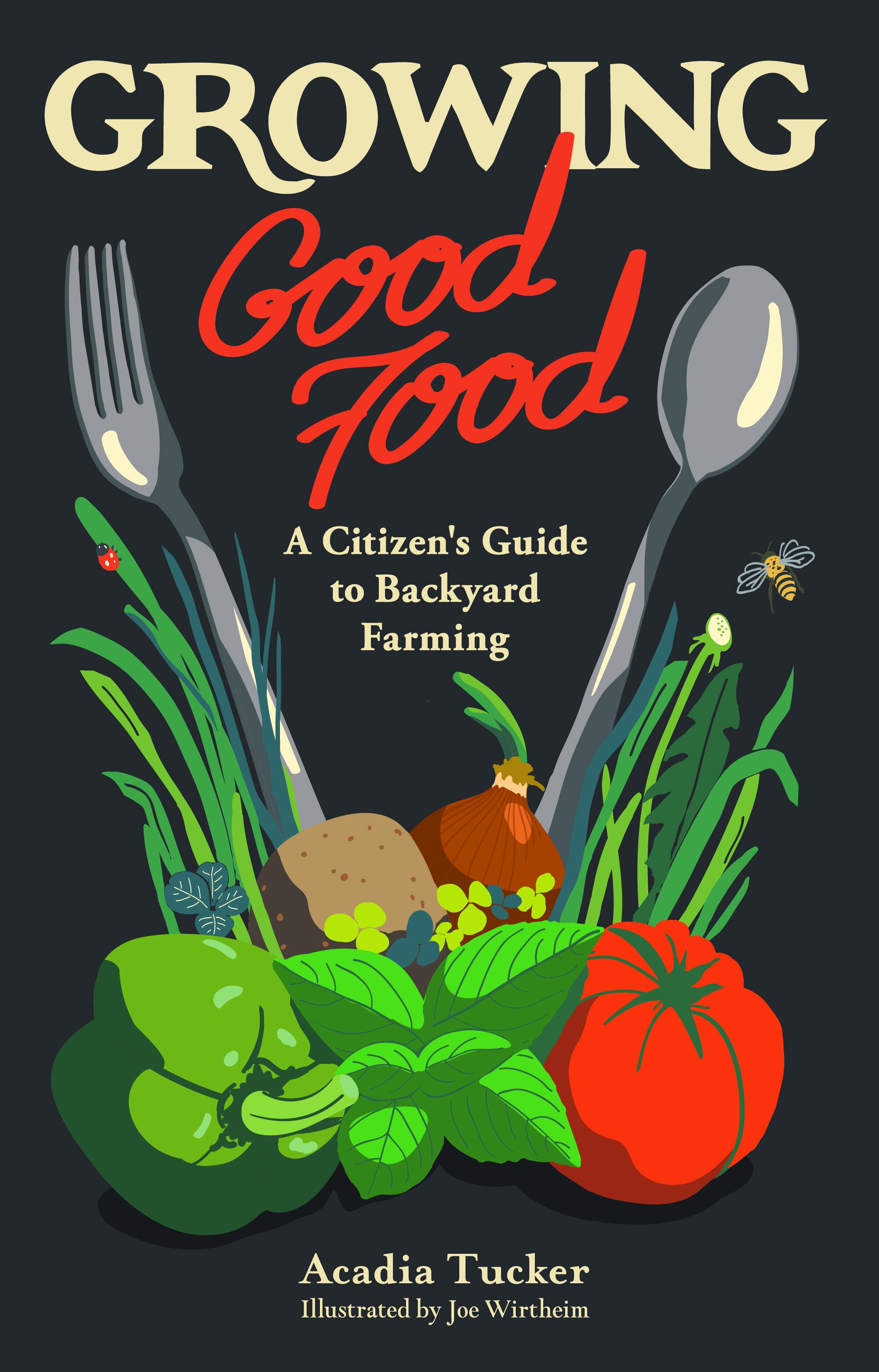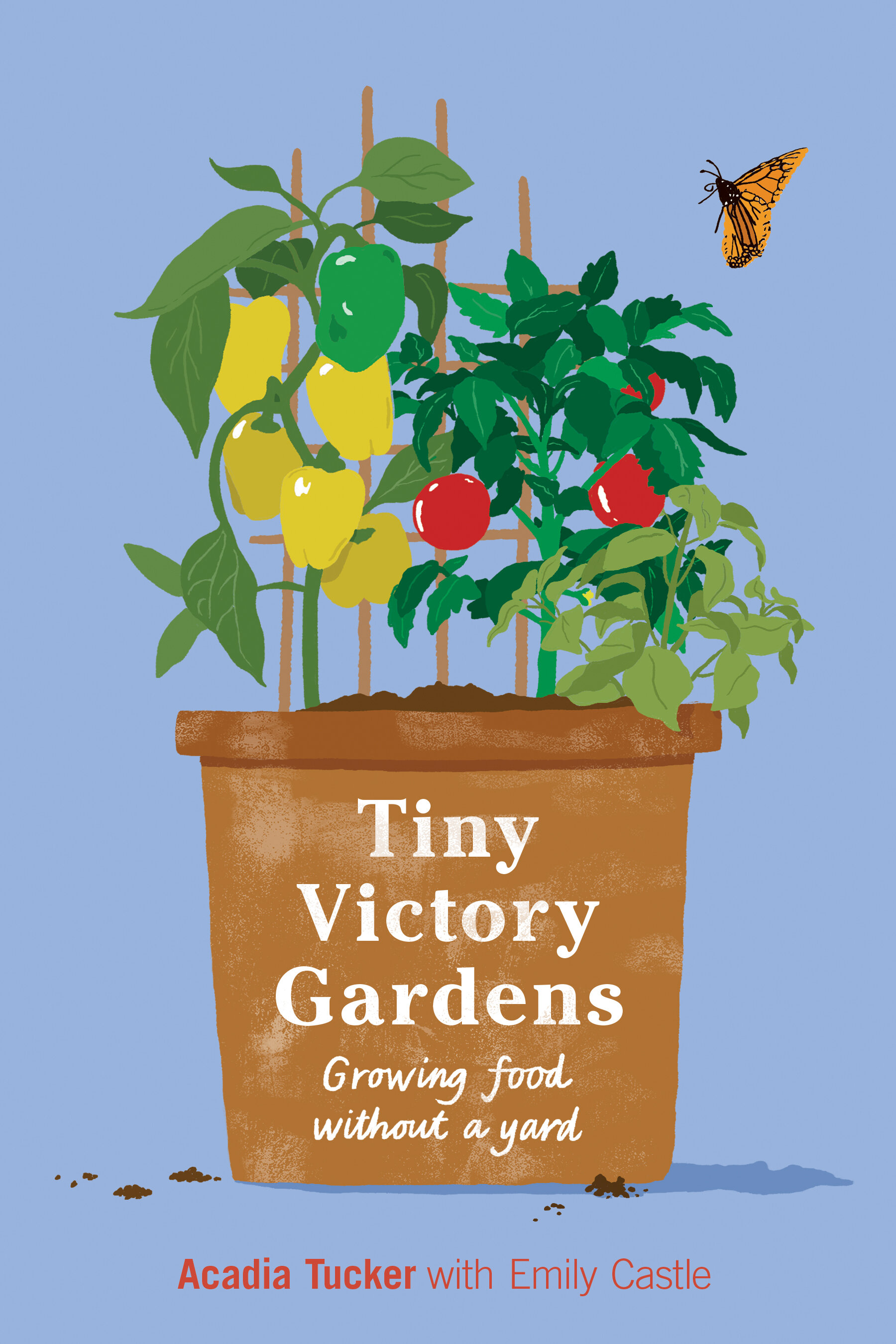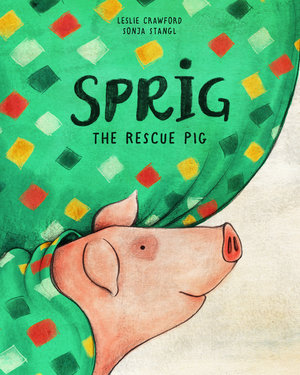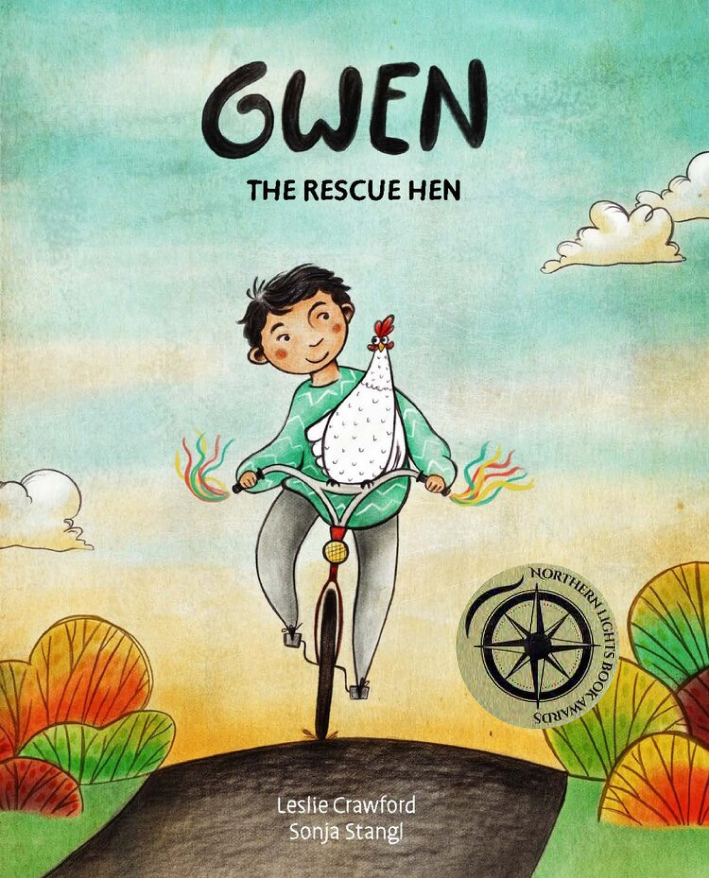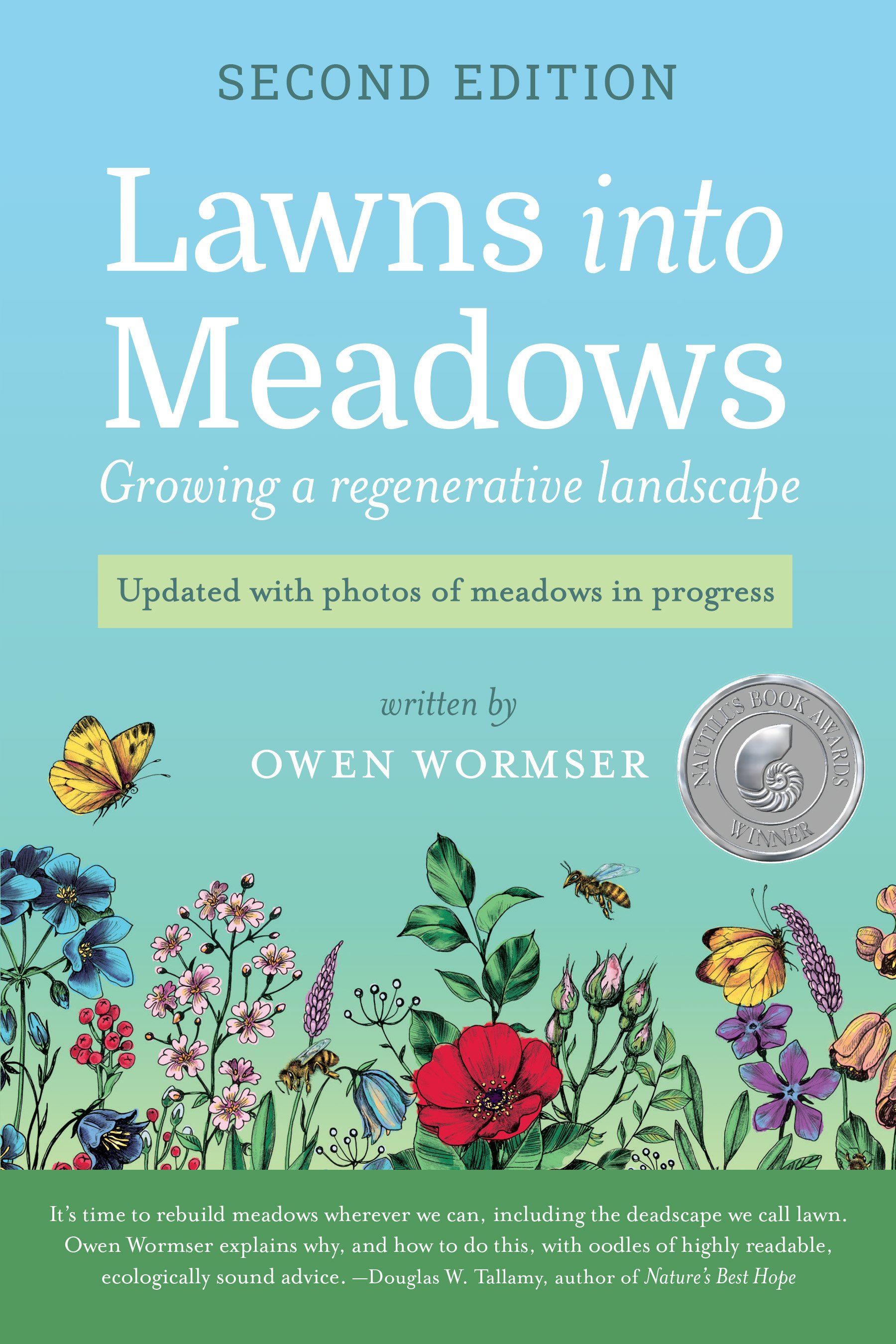7 Popular ingredients you may think are vegan, but are not
Navigating the vegan aisle at the grocery store can be tricky since some animal-based ingredients can hide in otherwise vegan products. (Photo Source: Laura James via Pexels)
As a long-time vegan, I’ve gotten used to scanning ingredient labels to make sure whatever I’m eating is free of milk, eggs, and other animal products. But lately I’ve been reading articles from The Spruce Eats and The Edgy Veg touting “unexpectedly vegan” products (Oreos are a big one) and suggesting that a vegan diet is more expansive than you’d think.
Sadly, most of these articles are mistaken. Animal-based ingredients sneak into many products most people consider safe because it’s hard to tell if they’re animal-based. Not vegan? Wine, coffee sweetened with sugar, and M&Ms.
I know, the idea of poring over nutrition labels while people push past you in a grocery store can seem ridiculous. I mean, letting slip a few non-vegan products now and then is okay by me. But if you’re doing what you can to stick to an animal-free diet, the following list of sneaky non-vegan ingredients might be helpful.
GELATIN
Gelatin is widely-known but can still be tricky to avoid. Made from the skin, tendons, ligaments and/or bones of cows, pigs, or other animals, it’s used in a variety of cosmetic as well as in food products, as a coating for medications, and even in photographic film. There are some excellent vegan alternatives. Agar agar is a popular one that lives up to the hype. Derived from red algae, it’s slightly firmer than gelatin but still great for emulsifying and thickening your food. Pectin (made from fruit cell walls) and carrageenan (made from dried seaweed) are good choices as well.
Beeswax
Okay, this one may be obvious. But when I first became a vegan, I was oblivious to how many products use beeswax — it’s in art, food, cosmetics, pharmaceutical products, and more. Beeswax is made by scraping wax off the honeycomb and melting it down. The solidified wax is then collected and used in products.
While it seems like beeswax is in almost everything, it is possible to find vegan-friendly alternatives, including soy wax, sunflower wax, rice bran wax, carnauba wax, and candelilla wax.
Note: Be careful with paraffin wax, which has been known to emit dangerous, carcinogenic fumes.
Casein
This is a tricky one. I tend to have the most trouble with lactose-free products, which I thought for a long time were inherently dairy-free. (Lactose equals dairy, right?)
Not the case! Most of these products still contain casein, a group of phosphoproteins typically extracted from cow’s milk, but also found in sheep and buffalo milk. It’s the ingredient that allows dairy cheese to stretch, melt, and ooze.
While scientists are first starting to unlock the technology to create vegan casein (just this January, Dutch manufacturer Fooditive released a vegan milk with pea casein), few products on the market fully replicate casein’s effect. But Violife, Daiya, So Delicious Dairy Free, Tofutti, Kite Hill, Treeline, and Follow Your Heart are crowd favorites, and rightfully so thanks to their resemblance to dairy cheese.
Wine
Wine lovers, this one’s for you.
You might already be aware of isinglass, a type of collagen derived from the dried bladders of different types of fish. It’s mainly used to clarify or “fine” beer and wine.
But isinglass isn’t the only ingredient to watch out for here. Several other non-vegan substances are used to clarify wine, including bone marrow, egg whites, fish oil, and gelatin. Winemakers don’t have to list fining ingredients on their label, so the best bet is to get a certified vegan wine.
Vegan wine companies include Trader Joe’s Charles Shaw (only red wines), Frey Vineyards, Lumos Wine, and Red Truck Winery.
L-Cysteine
This is a surprising one. (And gross!). L-Cysteine is used as a dough conditioner and preservative agent for bread and baked goods, especially pre-packaged ones. It’s a common reducing agents, which helps to break down gluten in the baking process, and cut back on mixing time. While it has several animal sources, the most common are duck or chicken feathers and human hair.
A company called Wacker sells vegan L-cysteine for commercial use. sSmall bakeries are generally a good source for vegan bread since they tend not to use L-Cysteine.
Lactic acid
Lactic acid, a cornerstone of fermented foods like sauerkraut and kimchi, is created when bacteria break down carbs. Most lactic acid comes from vegan sources like corn starch and beet sugar, but some lactic acid is also derived from the lactose from dairy.
Here is a list of vegan-friendly products containing plant-based lactic acid: beer (be careful about non-vegan clarifying agents like gelatin or isinglass), miso, wine, kimchi (make sure it’s otherwise vegan – some brands use fish), sauerkraut, pickled vegetables, and sourdough.
Whey
Most vegans probably know that whey is dairy-derived, but it’s often difficult to spot in otherwise vegan foods. It’s the substance left over after milk is strained and curdled and is commonly used as a dietary supplement and in protein powders.
Because whey is so cheap to produce it’s tossed into a wide variety of processed goods, from cookies to crackers to chocolate candy. Many products include proteins derived from whey. Luckily for us label readers, these are listed as ‘whey’ among the list of ingredients.
Workout aficionados, don’t sweat it: A number of excellent vegan protein powders exist, including Organic Plant-Based Protein Powder and Earth Chimp Vegan Protein Shake.
I don’t always get it right, but that’s okay. Cutting out all animal products isn’t the only way to make a difference. A 2019 study found that if all Americans reduced their meat consumption by 25 percent or ate meat just two days a week, we would save more than 80 million metric tons of greenhouse gas emissions per year, or around one percent of total greenhouse gas emissions. But if you’re up for going the extra step and cutting out all things animal-related, you might want to start reading your bread labels more closely.
Eleanor Harrison is a Stone Pier Press News Fellow based in New York.


